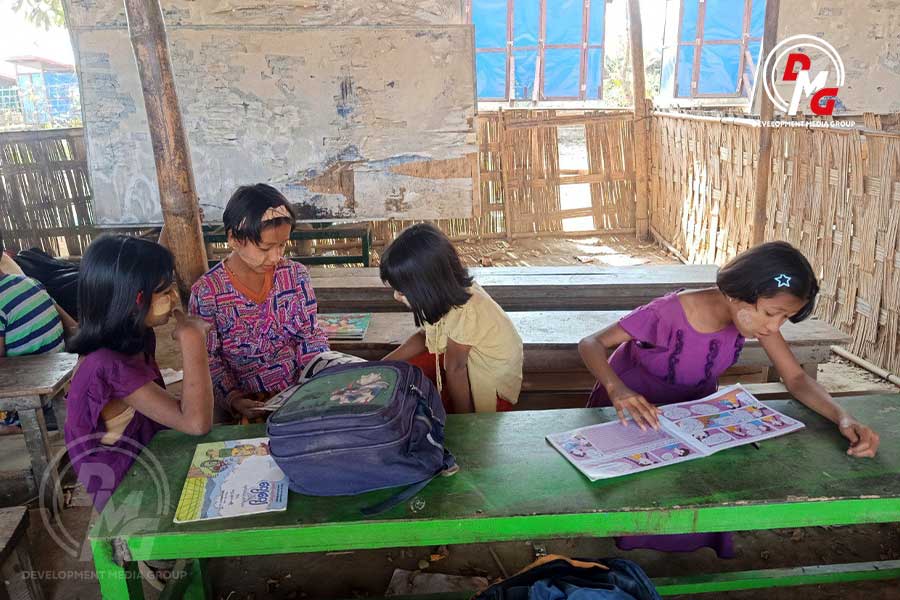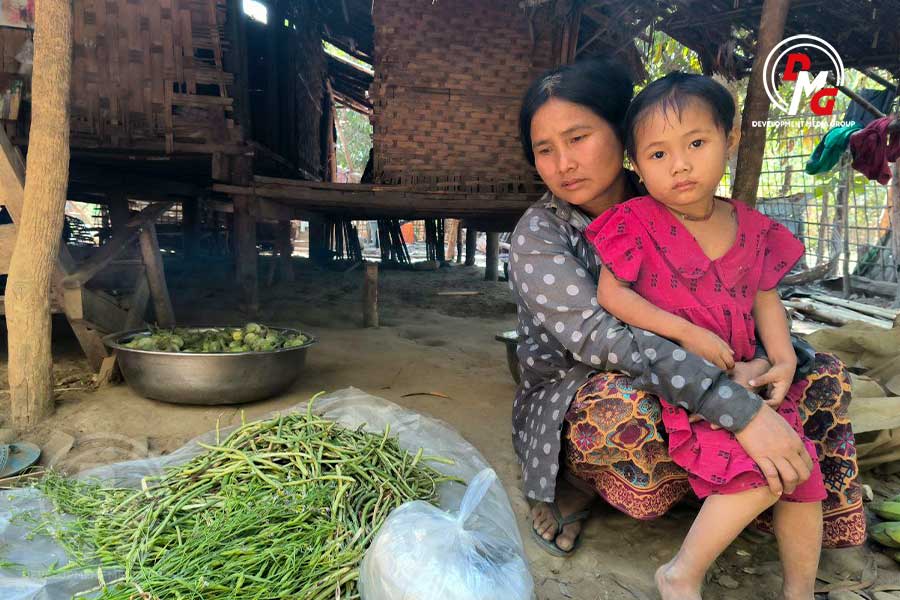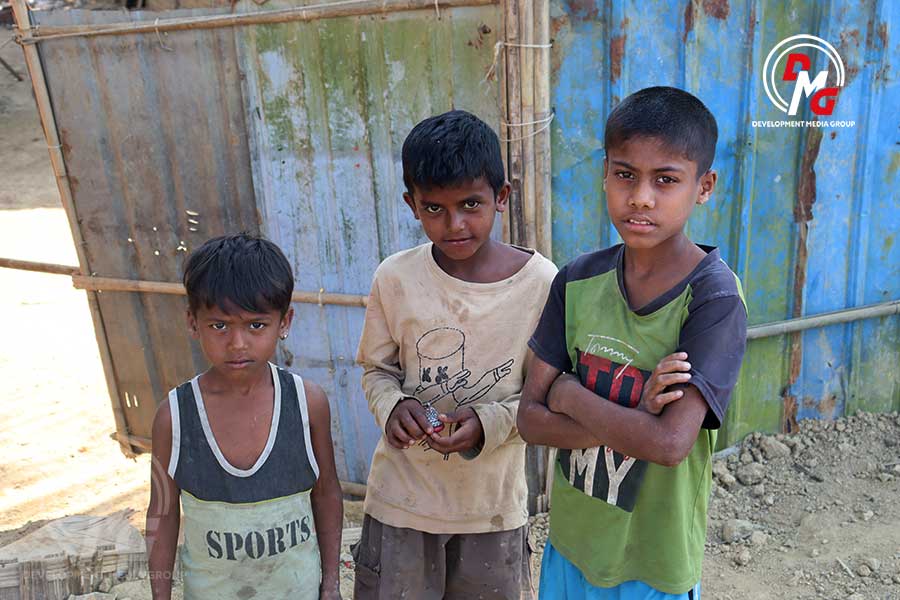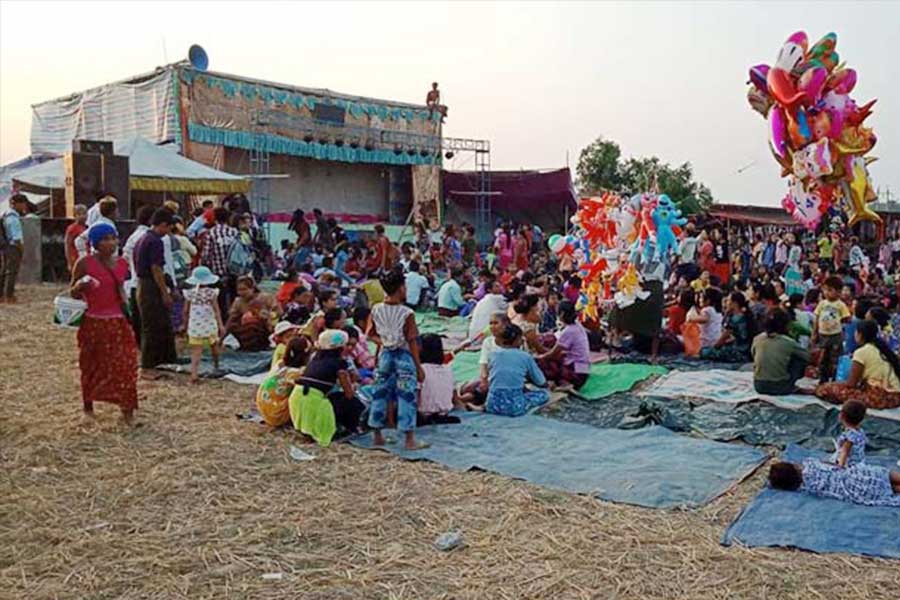- Free schools for IDP children in Arakan State struggle to stay open amid funding shortfall
- Female-headed IDP households in Ponnagyun Twsp struggle as commodity prices surge
- Min Aung Hlaing likely to take State Counsellor role in post-election government formation: Analysts
- Hindus express hope for educational reform under AA administration
- Arakanese zat pwe performers struggle to survive as conflict halts traditional shows
Local manufacturers can’t keep up with plastic bag demand in Arakan State
Around 2.5 million pounds of plastic bags are used annually in Arakan State, but local factories can only supply 450,000 pounds, according to local plastic manufacturers.
13 Jul 2023

DMG Newsroom
13 July 2023, Sittwe
Around 80 percent of plastic bags used in Arakan State are purchased from other parts of the country as production by local factories can only satisfy 20 percent of demand in Arakan State.
Around 2.5 million pounds of plastic bags are used annually in Arakan State, but local factories can only supply 450,000 pounds, according to local plastic manufacturers.
Most of the plastic bags produced in Arakan State are recycled products. “Recycling helps conserve the environment, and create jobs for locals,” said U Aung Than Hlaing, owner of ‘Top’ plastic factory in Sittwe.
The factory came into operation some six years ago, and currently employs around 30 people. There are three plastic factories in Arakan State — two in Sittwe and one in Mrauk-U. They mainly supply Sittwe, Rathedaung, Pauktaw, Minbya, Mrauk-U, Kyauktaw, Ponnagyun, Buthidaung and Maungdaw townships. Currently only the Top plastic factory is operating.
Plastic bags produced by local manufacturers are cheaper than those supplied by markets outside Arakan State.
“Plastic bags produced in Arakan State are low in price and the quality is also given. So, I mostly choose them over bags supplied from other parts of the country. We should support local products,” said Daw Khin May, a shop owner in Mrauk-U.

A pound of plastic bags produced in Arakan State sells for around 2,300 kyats, about 150 kyats less than the price of plastic bags supplied from other parts of the country.
While unemployment is high in the region, plastic factories can provide jobs for local residents, said factory workers.
“We don’t need to work away from our families. It is more convenient for women,” said Ma Su Su Hlaing, who works at Top plastic factory.
Plastic factories in Arakan State, however, have challenges to expand their business because they lack access to financial and technical assistance from authorities, and face a shortage of skilled labourers.

















.jpg)